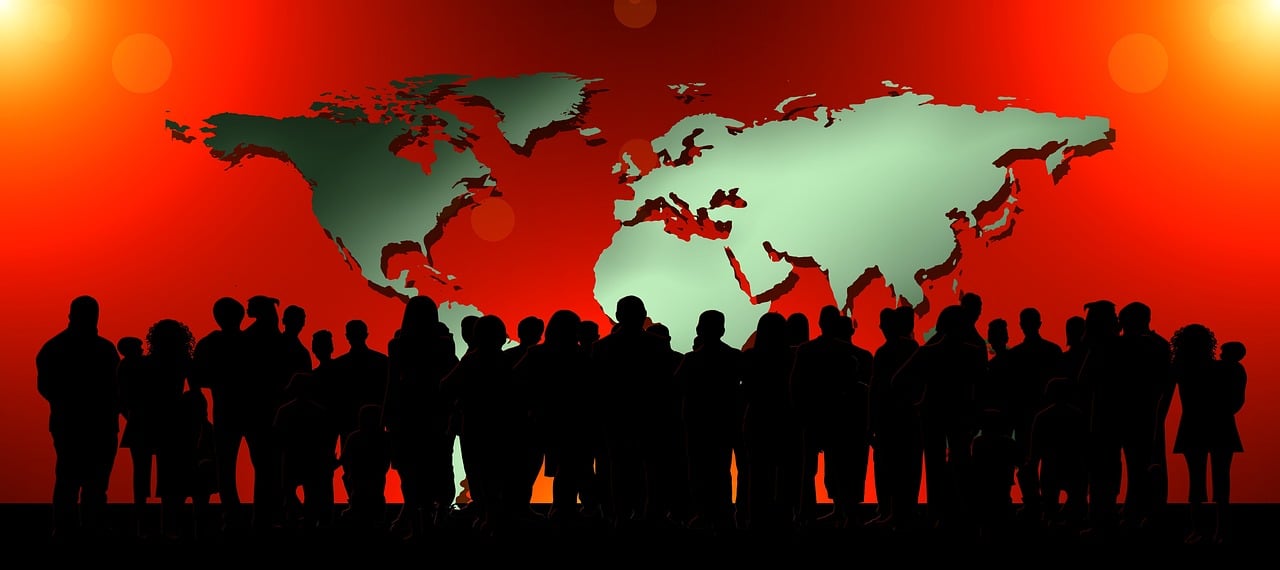新冠疫情英语简介(新冠疫情英语简介100字)
全球公共卫生挑战与全球响应的英语简介
Introduction
The COVID-19 pandemic, officially declared by the World Health Organization (WHO) on January 30, 2020, has become one of the most significant global health crises of the 21st century. Originating from a cluster of cases in the city of Wuhan, China, this highly contagious respiratory illness has rapidly spread across the globe, causing unprecedented disruptions to economies, societies, and individual lives. This introduction will provide an overview of the pandemic's origins, its impact on various aspects of society, the international response, and the ongoing efforts to contain its spread and mitigate its effects.
Origins and Early Spread
The SARS-CoV-2 virus, responsible for COVID-19, is believed to have originated from bats and was transmitted to humans through an intermediary host, likely a type of seafood market product such as pangolins. Early reports indicate that the virus began circulating among the population of Wuhan in late 2019, with the first confirmed cases reported in December. The virus's rapid spread can be attributed to its high transmissibility and the fact that it was initially unrecognized as a new and distinct infectious agent.
Global Health Crisis
The pandemic has had a devastating impact on global public health. As of [current date], the virus has infected over [current number of cases] individuals and claimed the lives of over [current number of deaths] worldwide. The high level of morbidity and mortality has led to a strain on healthcare systems in many countries, with hospitals overwhelmed by the sheer number of patients requiring intensive care. In addition to the direct health consequences, the pandemic has also led to an increase in mental health issues, including anxiety, depression, and isolation-related disorders.
Economic and Social Impacts

The economic repercussions of the pandemic have been far-reaching and severe. Lockdowns and travel restrictions have led to a significant contraction in global economic activity, with many countries experiencing their first-ever negative growth rates. The tourism industry has been particularly hard hit, with international travel virtually grinding to a halt. Additionally, the pandemic has exacerbated existing economic inequalities, with low-income countries facing greater challenges in accessing healthcare resources and essential goods.
International Cooperation and Response
In response to the pandemic, governments and international organizations have implemented various measures aimed at containing its spread and mitigating its effects. The WHO has played a pivotal role in coordinating the global response, issuing guidelines for public health measures such as social distancing and wearing face masks. Additionally, the global community has come together through the COVAX facility to ensure equitable access to vaccines for all countries. However, challenges remain in terms of vaccine distribution and access, particularly in low-income countries.
Public Health Measures

To control the spread of the virus, many countries have implemented strict public health measures such as lockdowns, curfews, social distancing requirements, and mask mandates. These measures have been effective in reducing the rate of transmission but have also come with significant social and economic costs. As a result, many governments have had to strike a delicate balance between protecting public health and minimizing the economic impact of restrictions.
Scientific and Medical Advances
The pandemic has accelerated scientific research and development in several areas. In particular, the rapid development and deployment of vaccines has been a significant achievement. Multiple vaccine candidates have been approved for emergency use by regulatory bodies around the world, with several billion doses administered to date. Additionally, advances in diagnostics and treatment options have improved outcomes for patients with COVID-19. However, challenges remain in terms of ensuring equitable access to these resources globally.
Lessons Learned and Future Considerations

The COVID-19 pandemic has highlighted several key lessons for global public health preparedness and response. Firstly, it has underscored the need for robust global cooperation and coordination in times of crisis. Secondly, it has highlighted the importance of investing in public health infrastructure and strengthening healthcare systems globally. Finally, it has emphasized the need for equitable access to healthcare resources and vaccines for all countries.
Looking ahead, it is essential to continue investing in research and development for new vaccines and treatments. Additionally, it is crucial to strengthen global health security by improving surveillance systems for emerging diseases and enhancing global cooperation in times of crisis. Finally, it is important to address the social determinants of health that contribute to vulnerabilities during pandemics such as poverty, inequality, and lack of access to healthcare resources.
Conclusion
The COVID-19 pandemic has had a profound impact on global public health, economies, and societies. While significant progress has been made in terms of vaccine development and distribution, challenges remain in terms of ensuring equitable access globally. It is essential that we learn from this experience and invest in public health infrastructure and global cooperation to prevent future pandemics from causing such widespread disruption. By working together and learning from this crisis, we can build a more resilient and prepared world for future challenges.





还没有评论,来说两句吧...